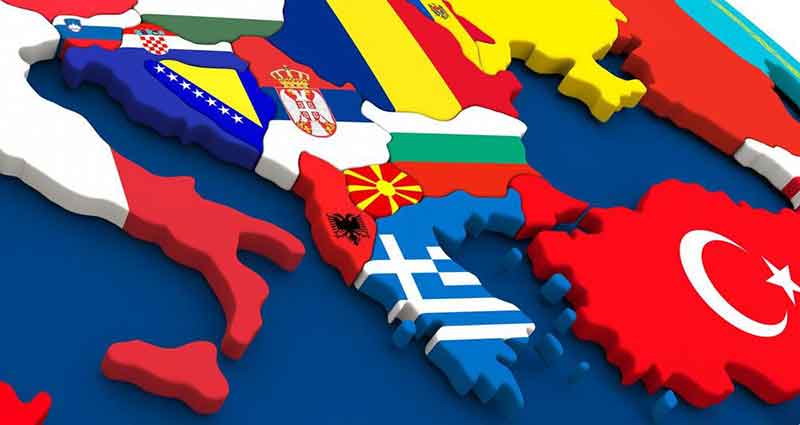The three regional networks: Correlation – European Harm Reduction Network, Eurasian Harm reduction Network and Drug Policy Network South East Europe were informed by our members organisations about the situation with sustainability of harm reduction services in Bosnia Herzegovina which is characterised by lack of strategy, policy and funding caused by the delay in establishing national Government for more than a year after the elections, withdrawal of international donors and misunderstandings and low level of cooperation between the governmental institutions and civil society, but also inside the civil society sector providing harm reduction services. The national Strategy for prevention and control of HIV and AIDS has ended (2016) and the Transition plan, developed by the Country Coordinating Mechanism during implementation of The Global Fund funded programme has not been implemented. As a result, the harm reduction services are closed in Sarajevo, Mostar, Bihać and Banja Luka and exist only in Zenica and Tuzla relaying on voluntary work of unpaid Staff and with all supplies already on minimum.
The three Networks expressed our deep concern about the situation and willingness to give contribution to finding solution and ensuring both quick response to the urgent needs and building a sustainable solution. We are ready to provide non-partisan support in identification and advocacy for the best possible approaches to urgently start provision of services to the populations of people who use drugs, sex workers and prisoners and other affected populations and to properly advocate for the sustainability of governmental funding.
The urgent action we are taking is to explore opportunities for emergency bridging funding to ensure survival of existing harm reduction services in the country. The situation is alarming and requires direct action and mobilisation of the international community. The three network have limited resources, so we are now contacting some of our partners and donors, explaining the situation and calling for immediate and urgent support. This could include short-term funding and technical support to ensure a minimum of harm reduction services. So far, we have a promise from the Open Society Foundations for a small grant which would cover basic need for the month of November.
We plan to develop and implement a comprehensive process to achieve sustainable long-term solutions. The activities for long-term solutions target local governments and policy-makers with the aim to ensure sustainable funding for harm reduction services. We already offered our expertise and support in this process, In addition, we would like to engage and involve other relevant stakeholders, such as donors and funders.
As the first concrete long term action we decide to send an appeal to the Global Fund to review their eligibility model of supporting middle income countries, besides Bosnia Herzegovina also Albania, Bulgaria and Romania.
In advance of the upcoming 42nd meeting of the Board of the Global Fund to Fight AIDS, Tuberculosis and Malaria (the Global Fund) as well as the Global Fund Regional Meeting for Eastern Europe and Central Asia to take place in Istanbul on 26-27 November, 2019, we – civil society and community organisations and networks working in the Eastern Europe and Central Asia (EECA) region for the benefit of key affected populations, including people who use drugs – would like to express our profound concern as to the current lack of sustainable harm reduction services in the South East European countries of Albania, Bosnia and Herzegovina, Bulgaria and Romania, respectively. Taking into consideration the successful results of the recent Sixth Replenishment Conference, we would like to invite the Global Fund to safeguard a part of the catalytic investment funds available for the 2020-2022, including multi-country grants, matching funds and strategic initiatives, in order to sustain life-saving services for people who inject drugs and other vulnerable groups and to incentivise domestic investment in harm reduction in each of these post-transition countries.
41 civil society organisations from Eastern Europe and Central Asia supported the letter. We hope that the Global Fund shall understand the situation and support our proposal.
The letter to the Global Fund is available following this link>>>

